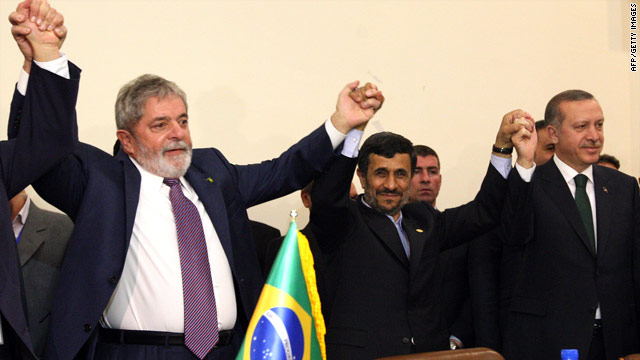By R. Renee Yaworsky
Impunity Watch Reporter, South America

BOGOTA, Colombia—At least 13 people were injured when a car bomb was detonated near a popular radio station in north Bogota. The blast is thought to have been the work of left-wing FARC rebels.
The bomb, which exploded early Thursday, damaged an entire block, including the studio of Caracol Radio. The car bomb had been placed in the country’s financial center, just five blocks from the capital city’s stock exchange and near the American Embassy.
Windows of nearby buildings and cars were shattered in the explosion, which caused extensive material damage. People sleeping in their bedrooms awoke to glass falling on their heads.
Police say the car had been packed with more than 50 kilograms of explosives.
The Prosecutor General’s Office has reported that a man who confessed to switching the license plates on the car used in the attack voluntarily turned himself in to police. He denied knowing, however, that the car would be used for such a harmful purpose.
Police also arrested the man who provided the false license plate. Both men are not suspected of being involved in any illegal organization.
FARC, or the Revolutionary Armed Forces of Colombia, has been blamed for the incident and a member of the group is now in custody. According to RCN Radio, the local prosecutor’s office has already identified the suspects directly responsible for the detonation.
Newly-elected President Santos has announced that diplomacy and mediation will not be employed to end Colombia’s domestic armed conflict until “the government considers the circumstances warrant it.”
“We have not thrown the key to dialogue into the ocean, but the door is closed,” Santos continued. “[Illegal groups’] deceitfulness in the past has made us incredulous. Now the government is holding the key, and we won’t give it to anyone until the conditions we have outlined are met.”
Santos explained that the rebels must illustrate through “concrete deeds” that they seek peace. After visiting the scene of the crime Thursday, Santos called the blast a terrorist act.
FARC has been a violent opponent of Colombia’s government since the 1960s. Bombings were on the decline under Santos’ predecessor, Alvaro Uribe, who had been president until August 7, 2010. Uribe had worked to eradicate left-wing guerrilla groups, including the FARC.
Santos has vowed to take a hard-line stance against illegal groups, saying, “Their only aim is to sow fear, and that they will not achieve. We will continue to fight terrorism.”
For more information, please see:
Bloomberg-Colombia Captures FARC Member After Bogota Car Bombing, RCN Radio Reports-14 August 2010
Colombia Reports-Bogota police arrest two suspects in radio station car bomb case-14 August 2010
Buenos Aires Herald-Bogota carbomb ‘final spasms of a dying dog,’ Santos-13 August 2010
BBC-Colombia offers Bogota car-bomb reward-13 August 2010
Guardian-Colombia capital hit by car bombing-12 August 2010
Voice of America-Colombian President Calls Bogota Car Bombing ‘Terrorist Act’-12 August 2010

